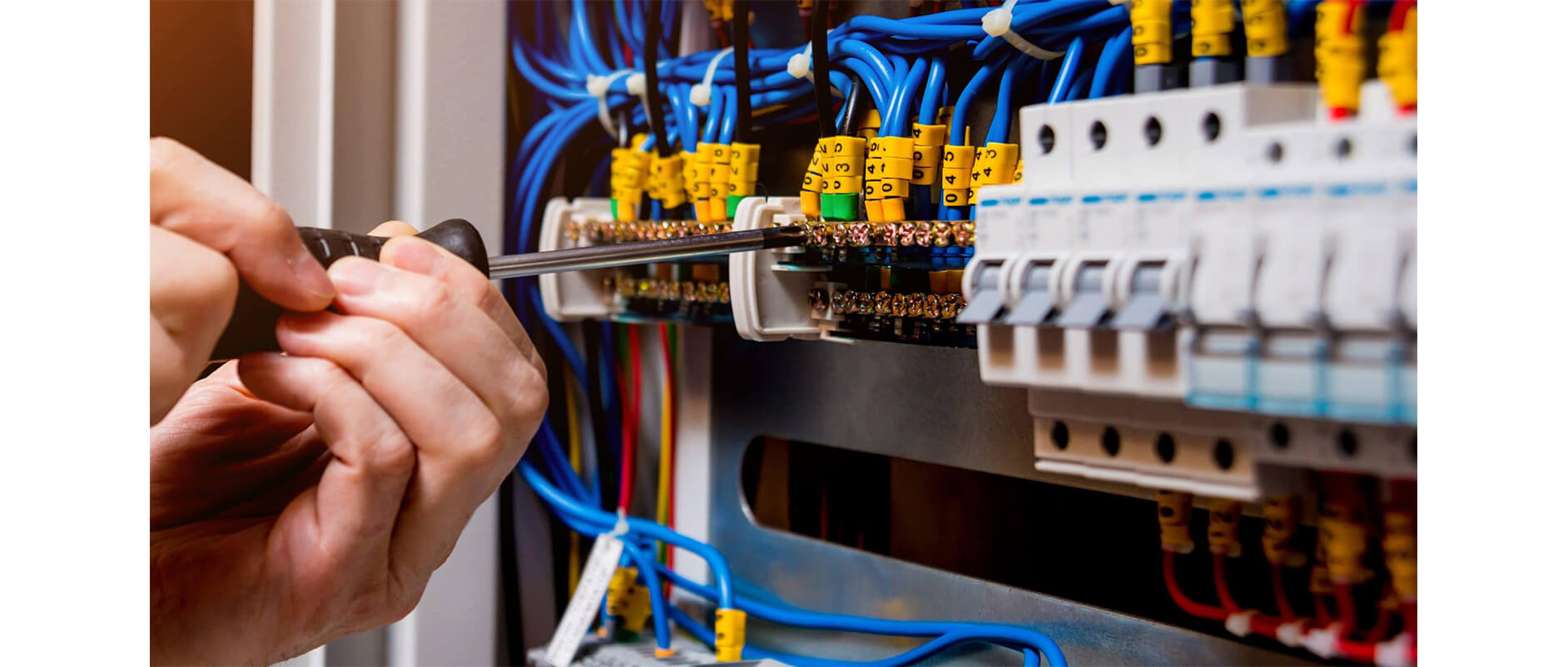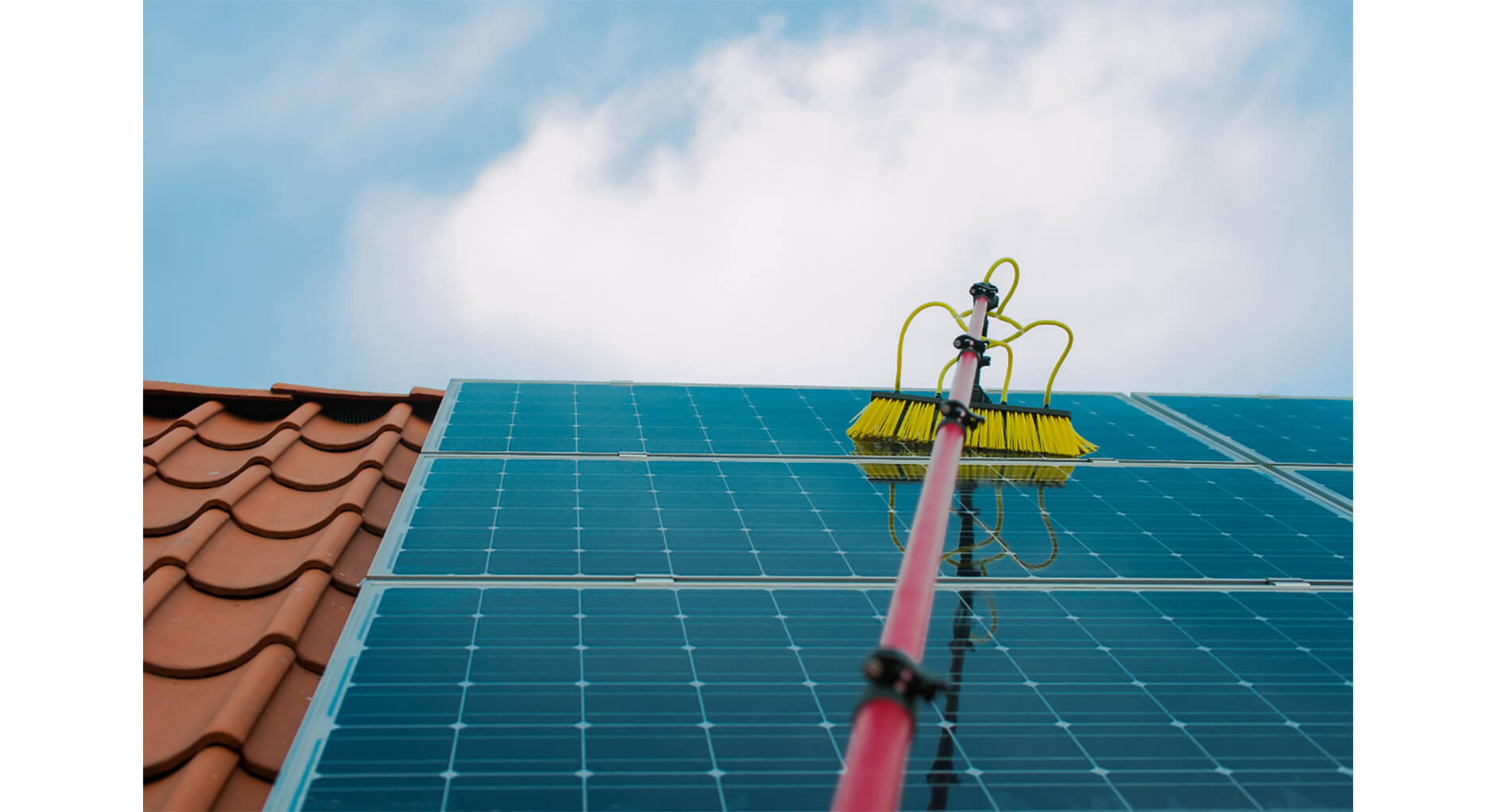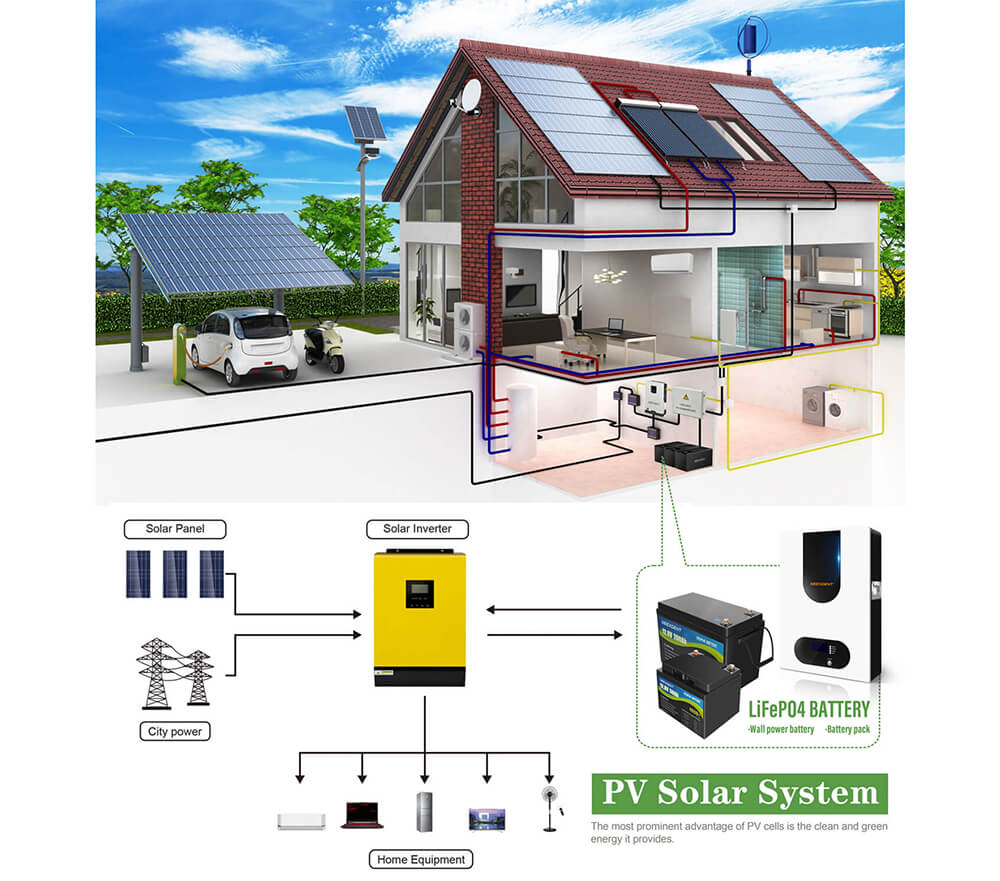
Environmental factors can significantly affect the efficiency of solar energy systems. One such factor is temperature. Solar panels operate more efficiently at cooler temperatures, and the heat generated by the panels themselves can reduce their efficiency. When the temperature of a solar panel exceeds a certain threshold, known as the maximum power point temperature, the efficiency of the panel decreases. To mitigate this, solar panels can be designed to dissipate heat more effectively or installed with ventilation to keep them cool.
Another environmental factor that can affect the efficiency of solar panels is shading. Even partial shading of a panel can significantly reduce its efficiency. Shading can be caused by a variety of factors such as trees, buildings, or other structures. For this reason, it is essential to ensure that solar panels are installed in a location that is free from shading or to use bypass diodes in the solar panel wiring to reduce the impact of shading.
Dust and debris accumulation on solar panels can reduce their efficiency. When dirt and debris accumulate on the surface of the panels, they block sunlight from reaching the solar cells, reducing the amount of electricity generated. Regular cleaning and maintenance of the solar panels can help to ensure that they operate at peak efficiency, and specialized cleaning tools can be used to safely remove dirt and debris without damaging the panels.

Equipment issues can also impact the efficiency of solar energy systems. One significant factor is the quality of the solar panels themselves. Lower-quality panels may have a lower efficiency rating, which means that they produce less electricity from the same amount of sunlight. High-quality panels, on the other hand, have a higher efficiency rating and can produce more electricity from the same amount of sunlight. It is essential to invest in high-quality solar panels to maximize the efficiency of a solar energy system.
Another equipment issue that can impact the efficiency of a solar energy system is the type of inverter used. Inverters convert the direct current (DC) produced by solar panels into alternating current (AC) that can be used by appliances and other devices. Inverters can have different efficiency ratings, and using a higher efficiency inverter can improve the overall efficiency of the system. Additionally, inverters can be prone to failure, which can lead to a reduction in efficiency. Regular maintenance and monitoring of the inverter can help to identify and address issues before they impact the system's efficiency.
The wiring used in a solar energy system can also impact its efficiency. The wiring used to connect the solar panels to the inverter and other components should be appropriately sized and of high quality. Improperly sized or low-quality wiring can result in energy losses due to resistance, reducing the overall efficiency of the system. It is essential to work with a qualified installer to ensure that the wiring used in a solar energy system is appropriate and installed correctly.

Solar Panel Cleaning Equipment
Regular maintenance and cleaning of solar energy systems are critical to ensuring their efficiency. Over time, solar panels can become dirty due to dust, pollen, and other debris that accumulates on their surfaces. This build-up can block sunlight from reaching the solar cells, reducing the amount of electricity generated. Regular cleaning of the panels can help to remove this debris and improve their efficiency.
In addition to cleaning, regular maintenance of solar energy systems can help to identify and address issues that may impact their efficiency. This includes checking the wiring and connections for signs of wear or damage, inspecting the inverter for any issues, and ensuring that the mounting hardware and other components are secure and functioning correctly.
It is also essential to monitor the system's performance over time to ensure that it is operating at peak efficiency. This can be done using monitoring software that tracks the system's energy production and provides alerts if any issues arise. Regular monitoring can help to identify any issues that may be impacting the system's efficiency and allow for prompt corrective action to be taken. Overall, regular maintenance and cleaning of solar energy systems are critical to maximizing their efficiency and lifespan.

Solar Energy Systems
- Electrical and Wiring Issues
Electrical and wiring issues can significantly impact the efficiency of solar energy systems. One common issue is electrical resistance, which can occur when the wiring used in the system is not properly sized or installed. Electrical resistance can cause energy losses, reducing the efficiency of the system. To minimize resistance, wiring should be appropriately sized and installed to minimize the distance between components.
Electrical issue that can impact the efficiency of a solar energy system is overvoltage. Overvoltage occurs when the output voltage of the solar panels exceeds the maximum voltage rating of the inverter. This can damage the inverter and reduce the efficiency of the system. To prevent overvoltage, the solar panels should be connected in strings that are appropriately sized for the inverter being used.
Grounding is also an important consideration for the wiring used in a solar energy system. Proper grounding can help to protect the system from electrical faults and lightning strikes, which can damage the system and reduce its efficiency. The wiring used in the system should be properly grounded to prevent electrical hazards and ensure its safe operation.
Electrical issues can also arise due to the presence of electromagnetic interference (EMI). EMI can be caused by nearby power lines or other sources of electromagnetic radiation. This can interfere with the operation of the solar energy system, reducing its efficiency. Proper shielding and grounding can help to minimize the impact of EMI on the system and ensure its reliable operation.









